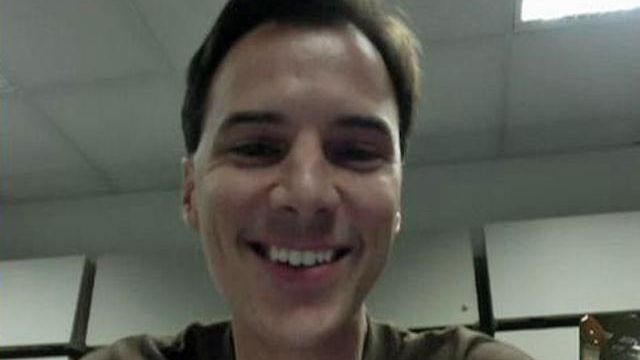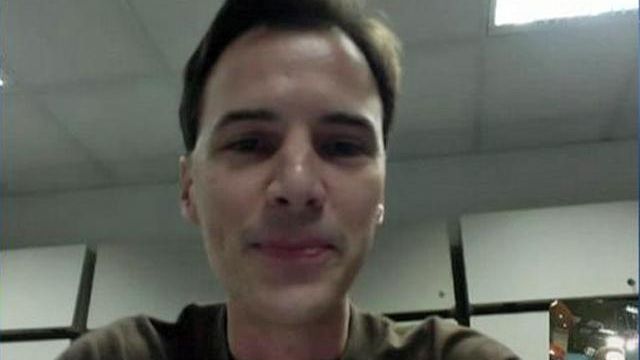Rocky Mount native has hands-on role in NASA's Mars mission
One of the driving forces - literally - behind NASA's Mars rover Curiosity, which began a two-year mission Monday to explore the Red Planet, is Scott Maxwell.
Posted — UpdatedMaxwell grew up in Rocky Mount and studied at East Carolina University, where he double-majored in English and computer science.
After graduate school at the University of Illinois at Urbana-Champaign, he eventually took his software-writing skills to NASA's Jet Propulsion Laboratory in Pasadena, Calif., where he was hired to write software for Mars missions projects.
Eventually, he landed the job as a rover driver and several years ago controlled other exploration rovers on Mars.
He's doing it again with Curiosity.
"I was able to turn my job writing software to drive rovers around into a job of driving rovers around with that software," Maxwell said Tuesday in a Skype interview with WRAL News.
So, how did he get a job like that? He calls it luck.
"It was my enthusiasm that they responded to," he said. "That was what they were looking for. They wanted someone coming in who was just excited to meet the people who do this."
Driving the Mars rover might conjure up mental images of something similar to a remote control toy, but it's nothing like that.
"That would make my life really simple," Maxwell said.
In the absolute best scenario, in which Earth and Mars would be aligned with one another, it would take four minutes for a signal from Earth to reach the rover, and another four minutes to receive a signal from the device.
In the worst case scenario, when Mars is on the opposite side of the sun, it would take 20 minutes each way.
Maxwell likens it to trying to drive a car on a delay.
"We can't possibly drive the rovers interactively that way," he said. "The rover goes to sleep at night, and while it's sleeping on Mars, we're planning out its entire next day. Then, the rover wakes up, we send out all the commands, and it clocks out its whole day."
And he isn't working 9 to 5.
In fact, life these days is anything but normal for Maxwell and his team.
"The rover cares about when the sun is up in the Martian sky," he said. "It doesn't care when the sun is up in the Earth sky, so you have to operate according to the Martian clock."
That means driving into work at 1:30 a.m. local time. And because Martian days are 40 minutes longer than Earth's, he'll go to work 40 minutes later Wednesday.
"Basically, we'll be living according to the schedule of another planet. For me, this is one of those things that is really super fun," he said. "It wreaks havoc in your life, but it emphasizes the uniqueness and the specialness of what we're doing. We're the only people in the world who are living according to the clock of another planet."
In addition to Curiosity landing on Mars this week, it's also the anniversary of another major milestone in Maxwell's life. He was successfully treated for Hodgkin's lymphoma in 1992.
Twenty years later, Maxwell says, he's loving his job.
"I like it that I get to drive a rover around on Mars. It's really fun to do," he said. "But the most fun for me is that we can take everybody in the world along in the back seat."
• Credits
Copyright 2024 by Capitol Broadcasting Company. All rights reserved. This material may not be published, broadcast, rewritten or redistributed.






